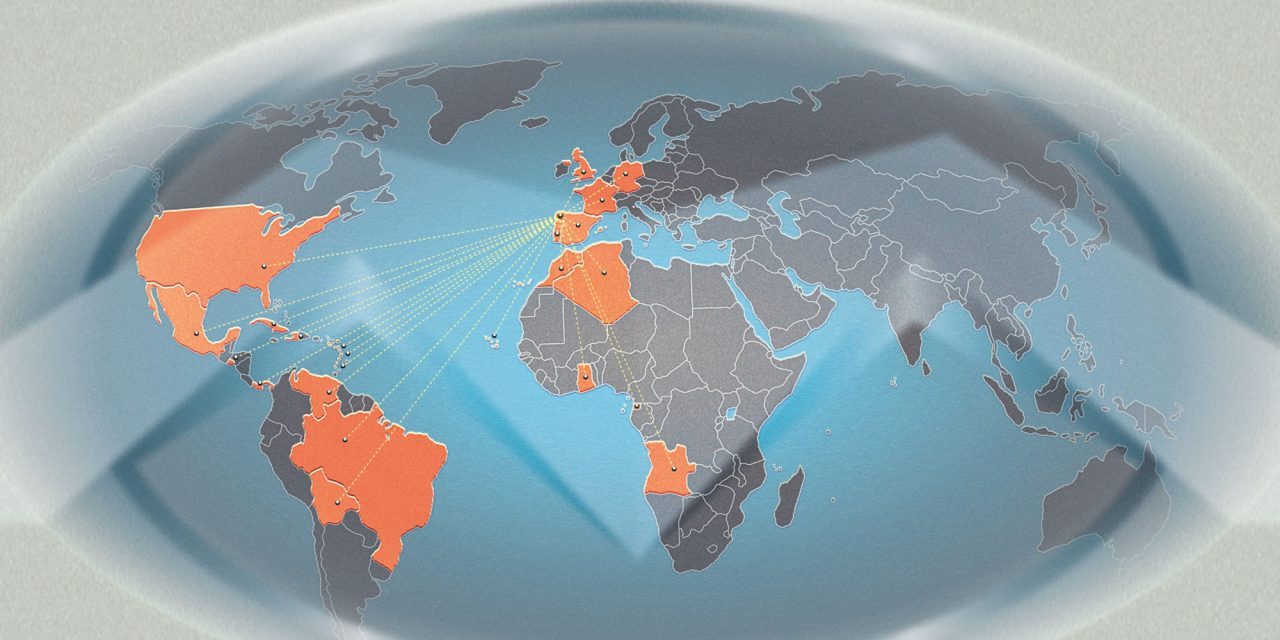Not so long ago speaking of internationalization was one of the pending subjects of Spanish companies, in general. Very few were open to foreign markets, the reasons were many for the difficulties and costs that these projects entail and also for a lack of export culture.
Spanish exports of goods and services have gone from representing 25’7% of GDP in 2007 to 33’1% in 2014, and the number of exporting companies has increased from 97,000 in 2007 to 147,000 in 2015. 2010-2013 period they began to export more than 30% of Spanish SMEs, compared to 25% of German SMEs, 16% of French or 12% of Italian.
Internationalization is today a factor of essential competitiveness. Foreign markets represent an opportunity that no company with a future vocation can ignore.
According to all the economic and business indicators, internationalization is the main outlet for the growth of medium and small companies that currently produce 33% of the volume of their business in other countries.
The main advantages of internationalization
Some of the advantages of internationalization that we can mention are:
-
- Avoid the danger of the “big fish”: internationalization prevents many companies from disappearing or being acquired by larger companies.
-
- Growth: companies that are internationalized, in the medium and long term, become four times larger than those that do not invest, or export, and twice as large as those that export.
-
- Greater competitiveness, greater business: internationalized companies are more competitive, have higher productivity indexes and obtain a turnover 50% higher than those that do not. This generates more and better employment, which is why they create more jobs, higher qualifications and better remuneration.
-
- Anti-crisis effect: companies that make the leap to internationalization are better at resisting adverse economic cycles. They are more competitive and, being more diversified, tend to grow even in times of economic recession.
-
- An emerging snack: internationalization allows searching for opportunities in markets with greater growth potential. Today many companies look towards the BRIC (Brazil, Russia, India and China) or the “next eleven”, such as Bangladesh, Egypt, Indonesia, Iran, Mexico, Nigeria, Pakistan, the Philippines, South Korea, Turkey and Vietnam.
-
- Full integration: the sales force is consolidated abroad and this brings about the consequent maintenance of constant sales in the implanted countries. Learn from the particularities of different customers and markets, the capabilities of global competitors in our industry or sector, and even the cultural diversity of teams in global companies. When we talk about internationalization, we do it from a long-term strategy and with a prolonged continuity. It is not a matter of a specific presence, but of being completely settled in the economy of those countries.
-
- Improves the motivation of workers: from the psychological point of view, makes employees feel part of a “big family” that, if you work internal communication, can report great bonds of union and cultural exchanges. In addition, an integrated worker will feel that success abroad is also thanks to their effort and, therefore, their productivity will increase.
- Strengthens the brand: it makes it easier to develop your company’s brand and that of each of its products / services in the countries where it is implemented. Internationalization carries values such as decision, courage, strength, growth …
The internationalization experience of Metaldeza
Initiate an internationalization process is not simple or risk free. It requires the preparation of a detailed expansion plan, knowledge of the destination markets, adaptation of products and services to these markets, advice and necessary human and material resources, etc.
Although it is true that since 2003 we have been carrying out works abroad, it was in 2010 that we began the process of internationalization; but not only as an alternative to the crisis, but as a tool to be stronger and gain market share sustainably. It is clear that the companies that export are more profitable and have a more solid financial situation.
Currently, internationalization has become another phase of the economic development of our company, a new stage to which it is essential to devote sufficient time for research, monitoring and settlement.
Since we started the process to the present we can say that, with a lot of work and effort, we are present in almost 30 countries, a number that we are very proud of.
On the other hand, we do not neglect the Spanish market, which is where we were born and grew as a company and in which we continue to develop very important projects.











